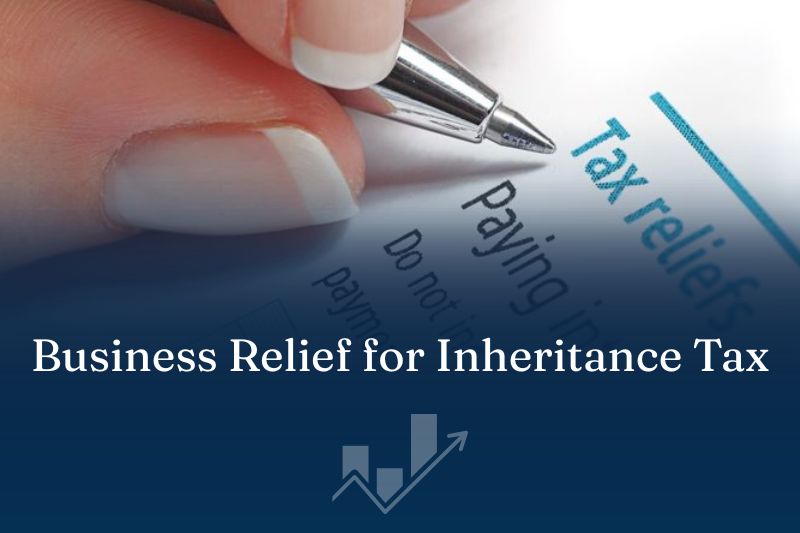
Inheritance tax (IHT) is often seen as a complex and sometimes costly part of estate planning in the UK. For many families and business owners, the idea of passing down wealth is accompanied by concerns about how much will be lost to tax. This is where Business Relief, also known as Business Property Relief (BPR), becomes a vital tool in effective inheritance tax planning.
Business Relief can significantly reduce or even eliminate the inheritance tax due on qualifying business assets. With the right strategy and the support of an experienced inheritance tax advisor, families can protect more of their hard-earned wealth for future generations.
What is Business Relief?
Business Relief (BR) is a valuable tax relief offered by HMRC that reduces the value of certain business assets when calculating inheritance tax. In essence, it helps business owners pass on qualifying assets such as family businesses, shares, or partnerships with reduced or no inheritance tax liability.
Business Relief was first introduced in 1976 as a way to ensure that family-owned businesses could continue operating after the death of an owner, rather than being sold to pay an inheritance tax bill. Today, it remains one of the most important exemptions within the UK inheritance tax system.
Inheritance tax legislation can change and contains many nuances. For anyone considering Business Relief as part of their estate planning, professional guidance is essential.
Source (Read More):- Business Relief for Inheritance Tax: A Complete Guide
















